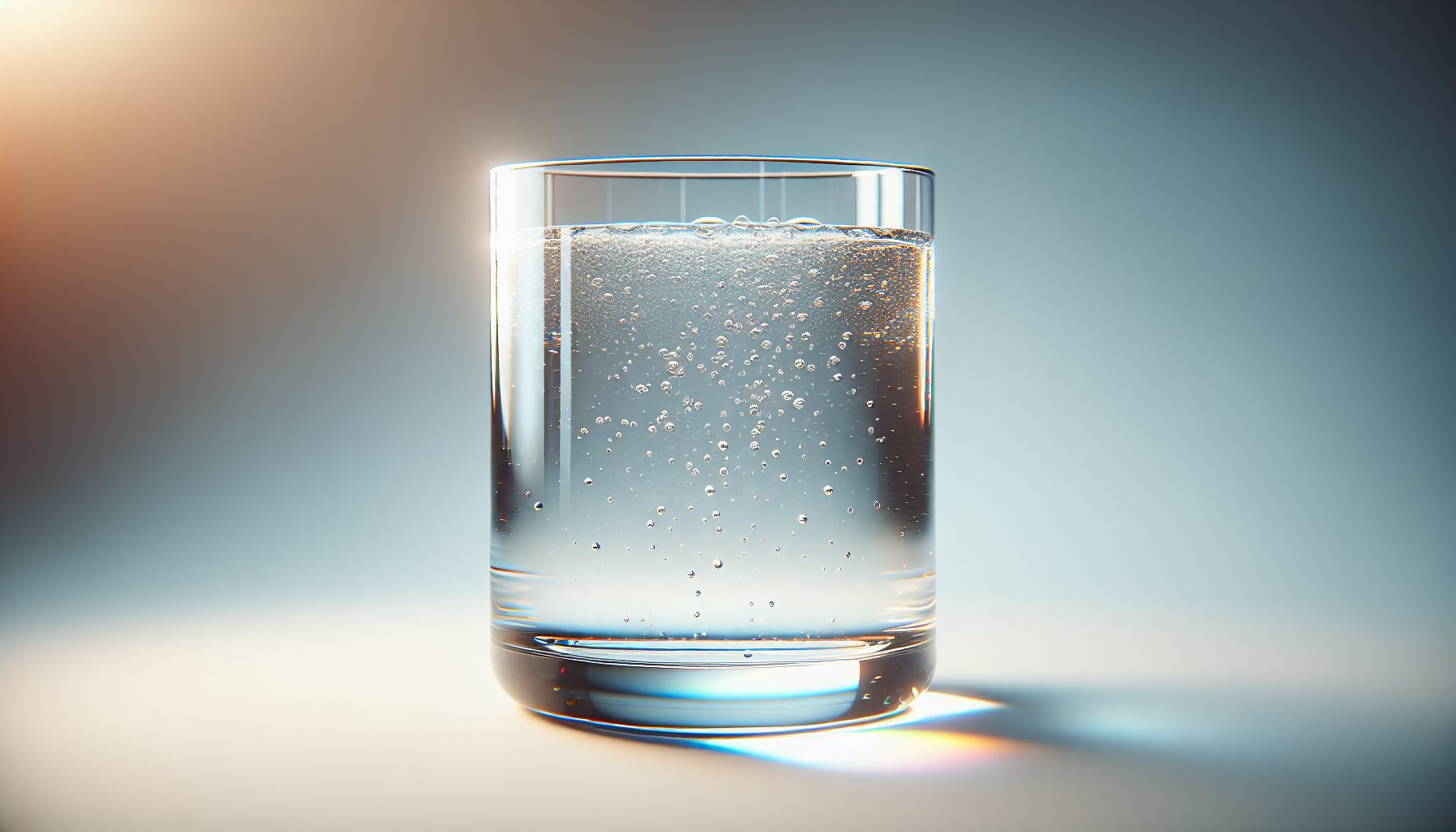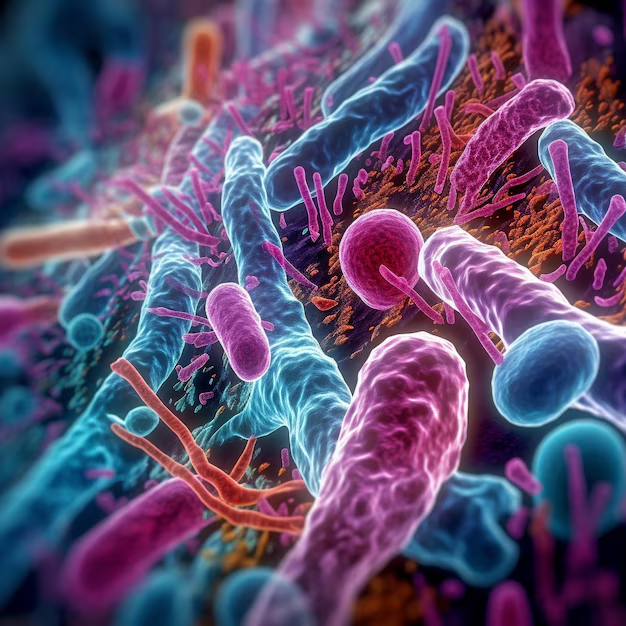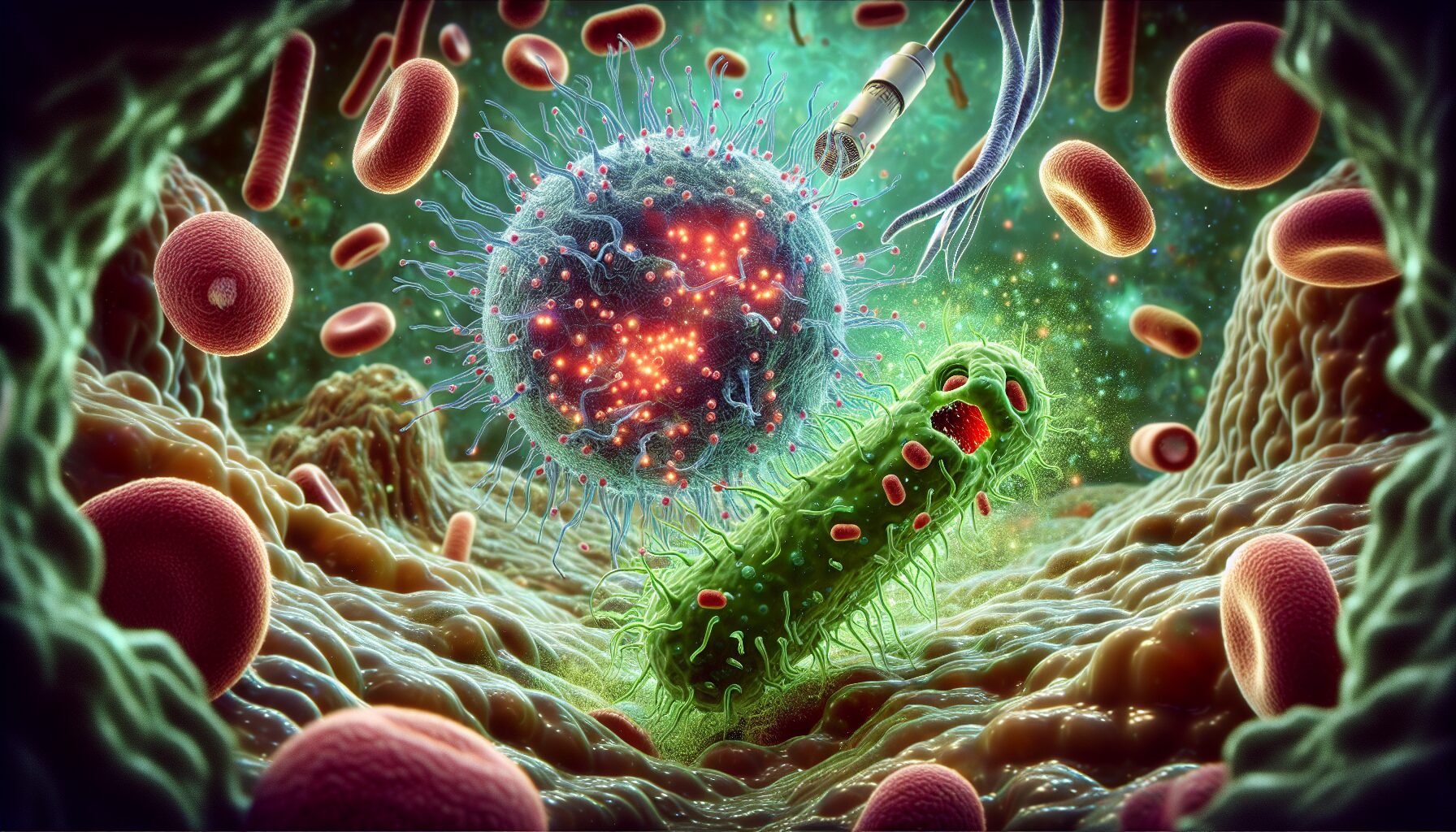
Dry January Health Benefits: 7 Reasons To Lower Alcohol Intake
The health reasons and benefits as to why you might go on a dry January are easy to understand. Whether you drank too much alcohol over the festive period, or you feel that you are drinking too much in general, a dry January could be of benefit to you.
Dry January is where someone decides that they are going to completely stop drinking alcohol for the whole month of January. Sometimes people decide they are going to stick to that for the rest of the year, others fall at the wayside earlier.
Ultimately, it is about weighing up the health benefits and assessing how stopping alcohol consumption would help in the long-term. Having the determination to stick to your health targets is another thing entirely, but knowing the overall health effects helps.
The social effects of drinking can also be massive. With the festive period also being one of the biggest times of year that people have arguments and alcohol is thought to play a part in that. Theres also issues like driving while intoxicated and social consequences that we won’t discuss at all.
There are many reasons you might want to stop drinking alcohol, from reduced body inflammation to improvements in cognitive or brain functioning. We’ll now go through some of the key arguments for and against drinking alcohol to help you make that decision for yourself. We are going to stick to purely health related reasons in this article.
7 Top Health Reasons to Stop Drinking Alcohol for January
Alcohol use was prevalent in the ancient times to ward off some threatening diseases, disinfect, provide calories and to alleviate feelings of cold.
For example, the Romans were one of the first civilizations to develop localized drinking water supplies, but also maintained wine drinking for water intake due to diseases.
In modern times, these health effects are not as useful as they once were. There are many health-related benefits to stop drinking alcohol in January and continuing with this habit too throughout the year.
Dry January Benefits On Inflammation
Large amounts of alcohol can irritate and overwhelm various organs in the body. Particularly the liver and gastrointestinal tract can get quite damaged and inflamed with alcohol use. Having a dry January will reduce overall body inflammation.
Damage and inflammation can occur when the processing of alcohol in the body produces damaging free radicals. These radicals effect various organs and tissues.
If you want to learn more about inflammation and inflammation reduction then see our article here.
The gastrointestinal tract is known to have a vital role in the body’s overall health. Alcohol metabolism can also occur in the gastrointestinal tract through reactions with tract membrane linings, this can cause damage.
Alcohol is a solvent and induces cell death, also of beneficial gut microbes. It is thought to disrupt the intestinal outer wall cell membranes and then the inner cell structure itself.
This is also known as leaky gut, where the intestinal barrier lets harmful pathogens and bad substances into the bloodstream. Alcohol also induces cell death that causes leaky gut, also of beneficial gut microbes. Regular moderate drinking can also cause leaky gut.
Intestinal inflammation from alcohol use is mainly caused by disruption to intestinal wall absorption, gut microbes and effects on the immune system. This damage to the small intestine can lead to these issues becoming chronic, known as chronic inflammation, especially combined with chronic excessive alcohol use.
Chronic damage or inflammation to the gastrointestinal tract will have many different health consequences. Gastrointestinal inflammation promotes gastrointestinal cancer, inflammatory bowel disease, liver disease and neuroinflammation. Chronic body inflammatory responses lead to the development of cancer.

Intestinal Microbes & Alcohol Consumption
Alcohol use over time causes a disruption to the healthy balance of gut microbes in the intestines. Gut microbes play a massive role in your overall wellbeing and health.
Gut microbes can affect brain function and enjoy a gut-brain communication axis with humans. Microbes can influence behaviour and mood. Positive gut microbes are also linked to maintaining a healthy body weight, inflammation reduction, a healthy immune system and healthy body stress signalling.
You can read our article on probiotics and positive gut bacteria here.
Alcohol transforms the microbes in the gut, causing more negative gut bacteria to grow. These negative or harmful bacteria produce inflammation causing endotoxins. The use of alcohol also disrupts the balance of gut microbes over time.
The liver can become affected by alcohol. This can alter digestive bile acid release and promote the growth of harmful bacteria in the gut.
Gut bacteria are capable of metabolising alcohol too and this is also thought to contribute to gut inflammation.
A dry January will encourage healthy microbes to develop in the intestines.

Dry January Benefits on Immunity
Alcohol intake reduces the amount of anti-microbial molecules intestinal cells release. This affects the gut immune system and causes overgrowth of bad bacteria.
Other intestinal effects include supressing the immune system response, through reducing immune T cell levels in the gut.
While alcohol has a sterilizing effect, alcohol induced changes in inflammatory and adaptive immune responses result in higher risk of incidence of some infections. Alcohol leads to reductions in immune T and B Cells, increasing infection risk. Inflammation will also sap vitamin C and other antioxidants, leading to deficiencies.
This which will reduce the immune function and response. In the long term, this will lead to you being more susceptible to diseases.

Dry January Benefits To The Liver
Did you know that the liver is able to regenerate from chronic alcohol stresses. Through reducing your alcohol intake for even a short time period, the liver is able to regrow.
Vitamin C helps with the regeneration of the liver too, with vitamin C having a positive effect on alcohol induced oxidative stress. Vitamin supplements, like vitamin C, could help reduce liver toxicity and encourage detoxification through antioxidant processes.
Conversely, nearly half of excessive drinkers develop alcoholic liver diseases. As mentioned, gut leakiness that also occurs through alcohol use is heavily linked to developing liver disease. This is thought to happen through chronic inflammation and signalling.
It is well known that moderate to high levels of alcohol consumption can cause liver cirrhosis. Drinking alcohol outside of mealtimes acutely elevates the risk of liver damage.
The liver is the main processing, metabolising and purification centre for chemicals and pharmaceutical drugs in the blood. This is why it is so important to preserve liver health.
A dry January or break in alcohol consumption might have a positive influence on your liver health in the long term, reducing the oxidative stress in the liver.
Dry January & Natural Circadian Rhythms
Having a dry January might help encourage more of a natural sleep-wake cycle and positively influence your weight.
Chronic and regular alcohol use can disrupt your circadian rhythm or inner biological clock. Lowered melatonin levels were found in chronic alcohol users, this is a key hormone in biological clock regulation.
This has its own consequences and it is also associated with alcohol caused gut leakiness. The two might be linked together through chronic inflammatory responses.
Your circadian clock rhythms are how your body times different internal body processes, sleep-wake cycles and metabolic rates. Chronic disruption to your circadian rhythms can cause chronic health problems such as metabolic disorders, diabetes, cancer and intestinal disorders.
The inflammatory responses caused by gut leakiness may then feedback and cause more chronic intestinal issues.
Another effect of biological clock disruption is that you can be more prone to weight gain if you eat outside of your usual eating patterns.

Vitamin & Mineral Deficiency with Alcohol Use
Having a dry January might help with your nutrient levels, providing long term health benefits.
Disruption to the intestines, the food digestion and absorption process can cause vitamin and mineral deficiency. With alcohol induced leaky gut, many people are deficient in particular vitamins and minerals. These include vitamin D and zinc.
As a solvent alcohol causes all sorts of local havoc to cells that need repairing. This includes the use of key resources, vitamins and minerals. Vitamin D is thought to help alleviate some of these damages, which is why levels of Vitamin D deplete.
Alcohol use also reduces the activity of some key enzymes, while also inhibiting vitamin and mineral transporters in the small intestines. These will reduce your ability to absorb and use nutrients. Ultimately, this will lead to malnutrition and deficiencies in some cases.
In fact, chronic alcoholics are deficient in various vitamins, including vitamins A, D & K. Vitamin A deficiency can lead to night time blindness, while vitamin D regulates the production of key hormones, promotes healthy immune function and calcium levels.
Dry January & Benefits On Brain Function
Alcohol dependency triggers mental health related symptoms such as depression, anxiety and a lowered attention span.
Many of these health effects are thought to originate in the gut, with alcohol induced leaky gut and the resulting systemic inflammation. For example, elevated levels of inflammatory cytokines could cross the blood brain barrier causing brain related inflammation.
In addition to this, bacterial endotoxins can affect the brain causing cognitive dysfunction and neuroinflammation.
Alcohol also causes death of neural cells and is heavily correlated with neurodegenerative diseases. In addition, intoxication with alcohol negatively effects neural stem cells. These are crucial cells for forming new brain tissues.
Intoxication with alcohol leads to both the prevention of brain cell development and inflammatory degeneration of brain cells.
This means that going on a dry January might have positive effects on your brain health in the long term, including for your mental health and overall cognition.

Conclusion
Having a dry January might have some real benefits. These include improved liver health, brain functioning and higher levels of vitamins in the body.
Long-term reductions in alcohol use might lead to the liver re-growing and a positive biological clock for healthy sleep-wake cycles. While alcohol use also limits brain stem cell activity, stopping the use of alcohol leads to the restoration of normal brain stem cell activity.
Alcohol use can cause cognitive disfunction and neuroinflammation.
Many of the consequences of alcohol use are centred around gut inflammation, as a result of leaky gut. Chronic inflammation has its own negative effects in the body, including increased rates of cancer.
The microbes in your gut play a big part in your health and wellbeing. Alcohol changes the balance of gut microbes in your intestines, resulting in higher levels of inflammation and could affect your weight too.
We haven’t discussed the wider social benefits of alcohol reduction and going on a dry January, outside of social pressures that generally influence the drinking of alcohol, but they are also factors to consider.
For more interesting articles, navigate to the main articles page below.





